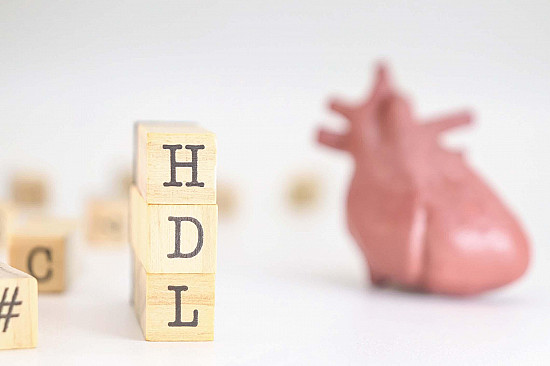Should you worry about high triglycerides?
These blood fats can be one of the signs of metabolic syndrome, which increases the risk for having a heart attack or stroke.
- Reviewed by Howard E. LeWine, MD, Chief Medical Editor, Harvard Health Publishing; Editorial Advisory Board Member, Harvard Health Publishing

Triglycerides are a type of fat that gets stored in adipose tissue and circulates in blood. Your body makes triglycerides or gets them from the foods you eat.
High triglycerides
Your body needs some triglycerides. However, high triglycerides in your blood is linked to a higher risk of heart disease and stroke.
Until recently, triglycerides tended to get less attention when looking at cardiovascular risk compared to LDL and HDL cholesterol levels. There's no question that extremely high levels (1,000 mg/dL or more) spell trouble and can lead to acute pancreatitis.
What level of triglycerides is dangerous?
But what about treating lower levels of triglycerides? Recent evidence suggests you should work to reduce triglyceride levels if they are higher than normal, especially if you have heart disease or have other risk factors such as diabetes, high blood pressure or smoking.
Triglyceride levels |
|
|
Normal |
Less than 150* |
|
Borderline high |
150–199 |
|
High |
200–499 |
|
Very high |
500 or higher |
|
*All values in milligrams per deciliter Source: National Cholesterol Education Program. |
|
Triglycerides can be one of the signs of metabolic syndrome, which increases the risk for having a heart attack or stroke.
People with metabolic syndrome are several times more likely to have a heart attack or stroke. The risk of eventually developing diabetes is even greater.
A syndrome is, by definition, a group of signs and symptoms that occur together because of an underlying condition. For metabolic syndrome, that group includes abdominal obesity (as measured by waistline), high blood pressure, high blood sugar, low HDL cholesterol — and, yes, high triglyceride levels.
Triglycerides and HDL
Triglycerides and HDL are metabolically connected and are often inversely related: As triglycerides go up, HDL tends to go down — and vice versa. But that isn't always so. People can have "isolated" high triglycerides without low HDL levels, and research is now showing that high triglycerides are an independent risk factor for cardiovascular disease, no matter what the HDL is.
What causes high triglyceride levels?
Factors that can raise your triglyceride level include:
- Being overweight or having obesity
- Diabetes
- Cigarette smoking
- Excessive alcohol use
- Certain medicines
- An underactive thyroid (hypothyroidism)
- Some genetic disorders
How to lower high triglyceride levels
Many of the steps you should take to lower triglycerides are the same ones you should take to protect your heart and health overall. Your doctor will advise you of measures you can take to lower high triglycerides. Some of these steps may include:
- Exercise regularly
- Lose weight
- Avoid sugar/refined carbs
- Limit alcohol intake
- Quit smoking
- Get enough sleep
- Manage stress levels.
How to lower triglyceride levels with medication
If you're taking a statin to lower your LDL, one side benefit may be reduced triglyceride levels. Depending on the dose, statins can lower triglycerides by 20%–40%.
The omega-3 fats in fish and fish oil capsules are another triglyceride-lowering option. For a very high triglyceride level, your doctor can prescribe a high-dose omega-3 medication.
Image: udra/Getty Images
About the Reviewer

Howard E. LeWine, MD, Chief Medical Editor, Harvard Health Publishing; Editorial Advisory Board Member, Harvard Health Publishing
Disclaimer:
As a service to our readers, Harvard Health Publishing provides access to our library of archived content. Please note the date of last review or update on all articles.
No content on this site, regardless of date, should ever be used as a substitute for direct medical advice from your doctor or other qualified clinician.















